7 Days is a weekly round-up of the Editors' picks of what's been happening in the world of technology - written with a dash of humor, a hint of exasperation, and an endless supply of (Irish) coffee.

It’s been another thrilling week, with the arrival of some intriguing new devices (and details of others coming soon), along with the usual mix of leaks, rumors and official announcements. As ever, 7 Days is here to guide you through the week’s top stories from across the tech world - and this week, our journey begins in the United Kingdom.

Virgin Media has announced speed upgrades available to all of its home cable broadband customers, with a new top-tier 'Vivid' package offering speeds of up to 200Mbps. However, existing customers will be required to opt in to get the speed boost, which follows a recent price increase – for some, the fourth price rise in under three years.

Meanwhile, it looks like another nail will soon be driven into the coffin of Adobe’s Flash in the UK, where the BBC is preparing to phase out its support for the plugin. The Beeb has launched an opt-in beta program to try out a new HTML5 version of its iPlayer video-on-demand site.

Some big changes may be on the way to Twitter as well, as a report this week claimed that the company is seriously considering an increase to the number of characters in a tweet – which, some believe, could undermine what made Twitter so popular in the first place.

Apple released OS X El Capitan (10.11) on Wednesday, promising big improvements to the user experience, and a significant boost in system performance.

El Capitan’s release follows a hugely successful rollout for Apple’s iOS 9 update a couple of weeks ago – and unsurprisingly, its new iPhones are doing pretty well too, with over 13 million sold in the first three days of availability, a new record for the company.

New benchmarks published this week show that the latest iPhones offer some pretty impressive performance – far ahead of most of their rivals in many areas.

And by the way, if you’re using iOS 9 on a device with a cellular connection, and you don’t have an unlimited data plan, make sure you read our PSA, advising that you switch off one important setting to avoid burning through your data too quickly.

Some of the week’s biggest news came from Google, which held a launch event in San Francisco on Tuesday showing off its latest and greatest products. Among its announcements, its formally launched Android 6.0 Marshmallow, and unveiled two new handsets, its ‘hero’ devices to showcase the latest version of the OS at its best.

The $379 Nexus 6P is the ‘true’ flagship, with superlative specs, and what Google says is “the best camera in any Nexus device”. Built by Huawei, it features a 5.7-inch Quad HD display, octa-core Snapdragon 810 processor, 3GB RAM and up to 128GB of storage.

Alongside the 6P, Google also announced the $379 Nexus 5X, spiritual successor to the earlier Nexus 5, with a mix of higher-end specs at less-than-flagship prices. Like the Nexus 5, the new 5X is also built by LG, and has a 5.2-inch Full HD display, hexa-core Snapdragon 808 processor, 2GB of RAM, and only 16GB or 32GB storage. However, some may be distraught to learn that there’s no microSD card slot.
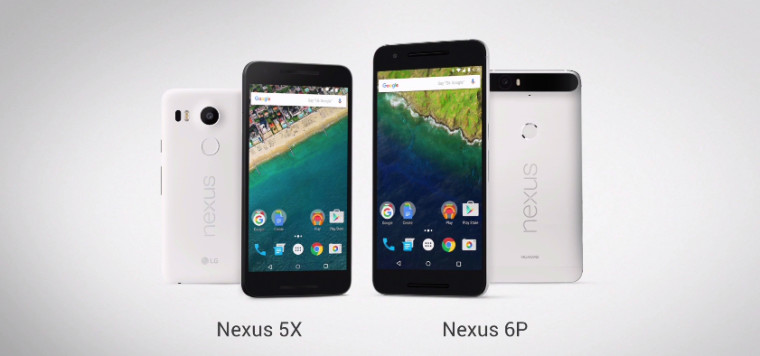
Incidentally, if you’re wondering why Google chose ‘X’ and ‘P’ to identify its new Nexus phones, the company explained this decision in a Reddit AmA, in which it also discussed various other aspects of the devices.

The surprise was ruined shortly before the event, but eyebrows were still raised when Google officially announced the Pixel C, its new flagship Android tablet. Notably, just like Apple – whose new iPad Pro attracted obvious comparisons with Microsoft’s Surface tablets – it seems that Google drew some inspiration (*wink wink*) from its Windows rival too.
With an aluminum body, the Pixel C features some pretty decent specs for its $499 starting price, but you’ll have to pay an additional $149 for the keyboard/stand.
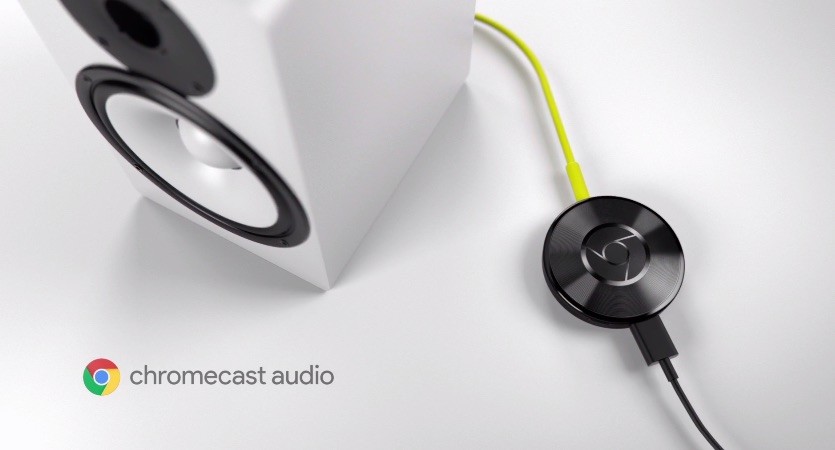
And as had been widely expected, Google also announced a new version of its Chromecast wireless streaming dongle – but it unveiled another rather cool variant too. The new $35 Chromecast Audio device connects to an old-school wired speaker, turning it into a wireless speaker to which you can stream music from your phone or tablet.

Google said on Tuesday that it’s sold 20 million Chromecasts so far – and it also reported massive growth in its Android platform. At its I/O developer conference last year, there were a billion active Android devices; this week – just fifteen months later – that number stands at over 1.4 billion. Whichever way you slice it, that’s hugely impressive.

While its new Nexus phones are the ‘signature’ handsets for Android 6.0 Marshmallow, the OS will be available for some devices before the 5X and 6P are released. Google said this week that the rollout will begin on October 5 for many of its Nexus devices – but the ageing Nexus 4, Nexus 7 (2012) and Nexus 10 won’t get a taste of that Marshmallow deliciousness.

Meanwhile, Google’s partners are preparing to launch their own devices with the new OS onboard. HTC revealed this week that a new addition to its high-end One handset range will be announced on October 20 with Marshmallow – and the whole launch will take place exclusively on the web. Don't expect a fierce range-topping flagship though - it looks like this will be the recently rumored HTC One A9.

Another device likely to go on sale with Marshmallow onboard is the new BlackBerry PRIV, the company’s upcoming Android flagship. Unfortunately, the company made the grave error of recently sending its CEO to do a TV interview to show off the new device for the first time.
John Chen appeared completely unprepared when showing the device to the Business News Network correspondent, and when flummoxed by even the most basic functions on the handset, he eventually gave up and ended up describing features like how the touch-sensitive keyboard is supposed to work, rather than actually showing those features off.
Not a good day for Chen, or the company, especially when you consider that it sold just 800,000 smartphones last quarter, and desperately needs its new Android flagship to be a sales success.

Rumors have been doing the rounds for a few weeks predicting that LG would unveil a new high-end handset with a tiny secondary display, just above the main screen. This week, LG unveiled the V10 – and exactly as predicted, it features a 2.1-inch display, above the 5.7-inch Quad HD IPS LCD. Curiously, though, it’s not being released with Marshmallow onboard, but the older Android 5.1.1 Lollipop.

Android 5.1.1 finally made its way to the Samsung Galaxy S6 and S6 edge on AT&T this week...

…but for the Samsung Galaxy Tab 4 and Galaxy Note 10.1 (2014 Edition) on T-Mobile, it’s a different story. Rather than update these handsets to Android 5.1.1 or even 6.0 Marshmallow, T-Mo has just upgraded them from Android 4.4 KitKat to 5.0.2 – a version of the OS that was originally compiled in December 2014 – although it has at least included patches for the more recent Stagefright vulnerability.
Even so, it’s hard to give T-Mobile any real credit for this; to deliver a ten-month old update to devices that it hasn’t updated for more than a year is hardly commendable.

While carriers and manufacturers lazily drag their feet rolling out patches for the massive Stagefright vulnerability in Android, hundreds of millions of devices remain at risk. To make matters worse, the same research firm that first revealed the Stagefright flaw has now disclosed details of new variations dubbed 'Stagefright 2.0', which are believed to affect virtually every device running Android 1.0 onwards.
Sadly, the most disturbing part of this disclosure is the complete and certain knowledge that so many carriers and OEMs will leave many of their Android devices totally unprotected from these latest threats.

It’s been a hugely exciting week for India, as Prime Minister Narendra Modi has been building on his government’s 'Digital India' program with a visit to some of America’s biggest tech firms. He visited Google’s world headquarters, where the company announced plans to bring free Wi-Fi access to 400 Indian Railways stations, reaching 10 million passengers a day.

And at a dinner hosted in honor of Prime Minister Modi’s visit, Microsoft CEO Satya Nadella announced that his company will work with the government and local ISPs to deliver low-cost broadband to over 500,000 villages across India, using spare TV ‘white space’ spectrum. Microsoft has successfully launched similar such networks in Africa.
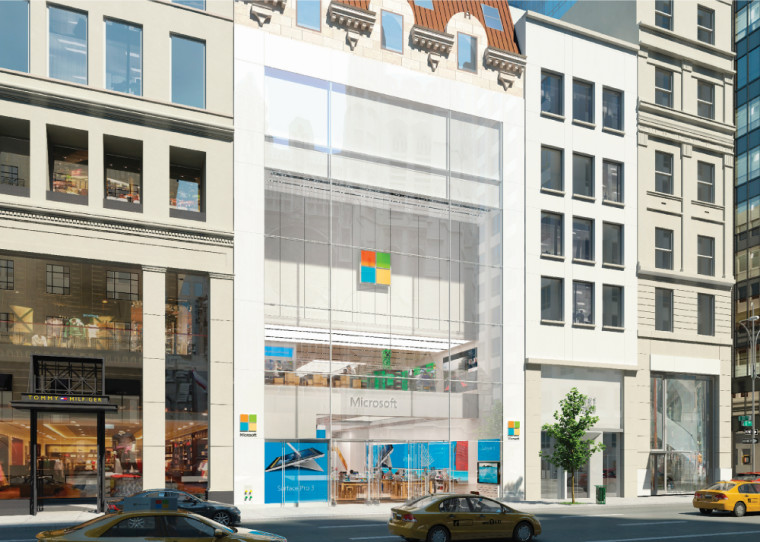
On Wednesday, Microsoft announced the opening dates for its new flagship retail stores, including its first outside of North America. The New York store will occupy over 22,000 square feet across five floors, in a prestigious shopping area on Manhattan’s Fifth Avenue. The new Sydney, Australia store won’t be quite as large, but will still have room for an ‘interactive space’ for customers.

Microsoft’s new stores will have plenty of exciting new products to show off in the weeks ahead, as the company will show off some of its new devices on October 6. Two of these – its new Lumia flagships – remain unannounced, but in a fairly predictable slip-up, it prematurely confirmed both devices on its UK Store website this week.
High-res images of Lumia 950 and Lumia 950 XL prototypes appeared on Friday too, after renders of the 950 – along with the smaller, more affordable Lumia 550 – had also emerged.

An entirely unconfirmed rumor popped up this week regarding another device that’s expected to appear at the same event – Microsoft’s Surface Pro 4. A report claimed that the Pro 4 will feature ultra-thin bezels that bring the screen very close to the edge of the device – but that obviously raises some questions regarding usability.

By the way, as Microsoft’s Gabe Aul mentioned on Thursday, don’t expect any new Windows 10 preview builds – for PC or Mobile – until after the company’s big event next week.
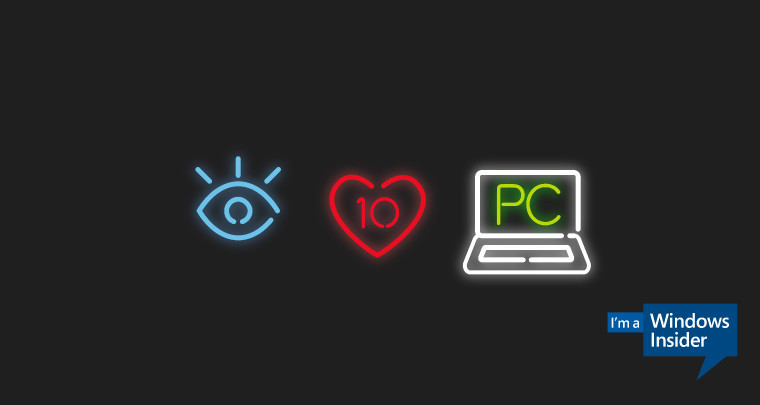
Thursday was also the first birthday of the Windows Insider program, and Gabe marked the occasion by sharing a couple of little insights, and extending his thanks to those who have been testing Windows 10 over the last twelve months.

Microsoft updated its Windows Phone Recovery Tool this week, renaming it the ‘Windows Device Recovery Tool’ instead – presumably because it will also be used to support small Windows 10 Mobile tablets as well as smartphones. The update also adds support for the HTC Windows Phone 8X, allowing users to undo the damage caused after Microsoft erroneously enabled installation of a recent Windows 10 Mobile build on unsupported devices.
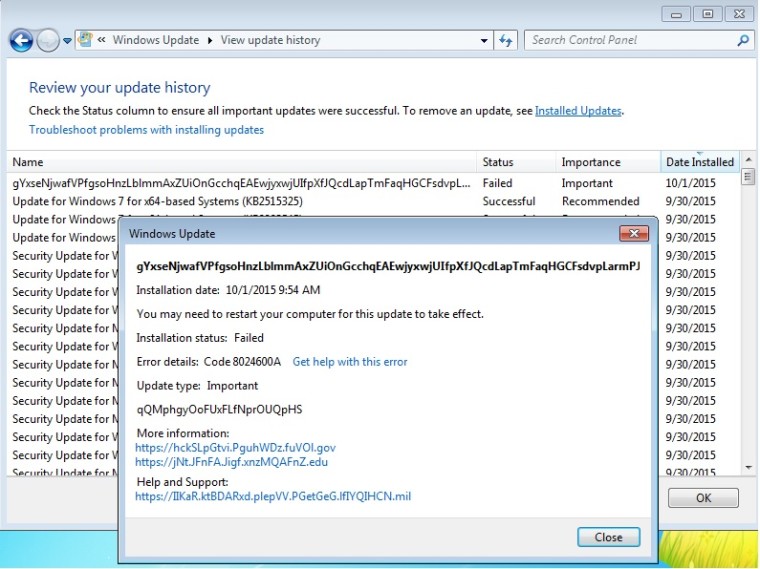
Microsoft made a similar error this week, when it mistakenly pushed out a ‘test update’ that appeared highly suspicious. It looked like a normal patch in Windows Update on Windows 7 – but it was peppered with gibberish, leading to some to believe that the platform had been hacked, before the company put their concerns to rest, explaining its slip-up.

Microsoft sought to address concerns raised recently about its Windows 10 privacy policy this week, with a blog post from the head of its Windows and Devices Group, Terry Myerson.

Microsoft continues to add new features to its Cortana digital assistant, and its latest addition should prove useful to those on professional network LinkedIn.

The remarkable Skype Translator software – which can translate spoken words in one language into a near-real-time transcription in another – is finally going mainstream. While officially still in preview, Microsoft is now integrating the translator feature into the main Skype desktop app for Windows, eventually bringing it to hundreds of millions of new users.

OneDrive for Business picked up a big update this week, with a new UI and desktop sync improvements, among other new features.

Exchange Server 2016 also rolled out, bringing enhanced collaboration features, an improved Outlook web app, better search, and new add-ins support.

And another firm favorite among business users grabbed headlines this week, as Microsoft marked the 30th anniversary of the launch of Excel 1.0.
But all work and no play… well, that’s just no fun at all – so let’s talk gaming.
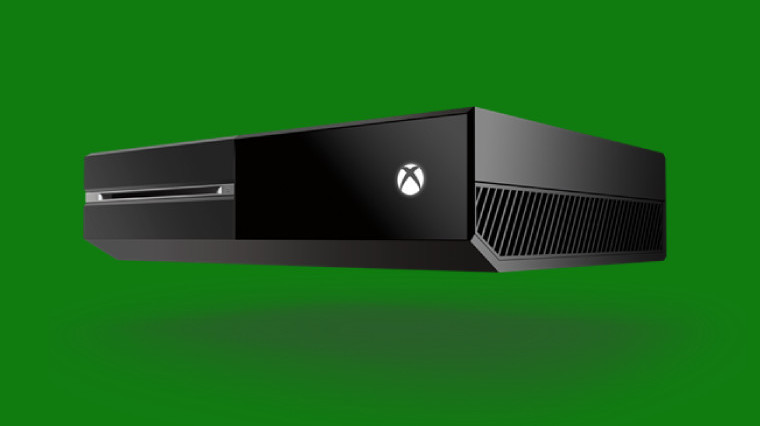
Microsoft rolled out 12-person Party Chat for all Xbox One owners – not just those on the Preview program – along with a range of other small but welcome improvements to the console's software.

It also unveiled a range of new Xbox One bundles ahead of the all-important holiday shopping season, including:
- $399 Xbox One 1TB bundle with Gears of War: Ultimate Edition, Ori and the Blind Forest and Rare Replay
- Low-cost The LEGO Movie Game bundle
- White Xbox One returns for Gears of War bundle; new Kinect gaming bundle revealed
- Rise of the Tomb Raider bundle
- A Fallout 4 Xbox One bundle is coming

One game that many Xbox One owners are eagerly awaiting is Halo 5: Guardians, which will be released on October 27. In a new live-action trailer for the game this week, the UNSC Press Secretary is seen delivering the tragic announcement that the Master Chief has been killed…
But as another new trailer reveals, all is not as it seems.

Meanwhile, Activision found itself in hot water this week, after a poorly-judged social media stunt led to a wave of concern spreading across a major Asian city.
In an attempt to promote Call of Duty: Black Ops III, the company transformed its official Twitter account to make it look like that of a fictional news source, before then tweeting details of a terrorist attack unfolding in Singapore, including the intervention of riot police and the army, and the setting-up of a 30-mile quarantine zone.

Be sure to check out our hands-on preview of Mirror’s Edge: Catalyst for PCs – our reporter Matt Brown delivered his first impressions of the game after getting the opportunity to try out a pre-alpha build on a high-end Windows gaming rig.
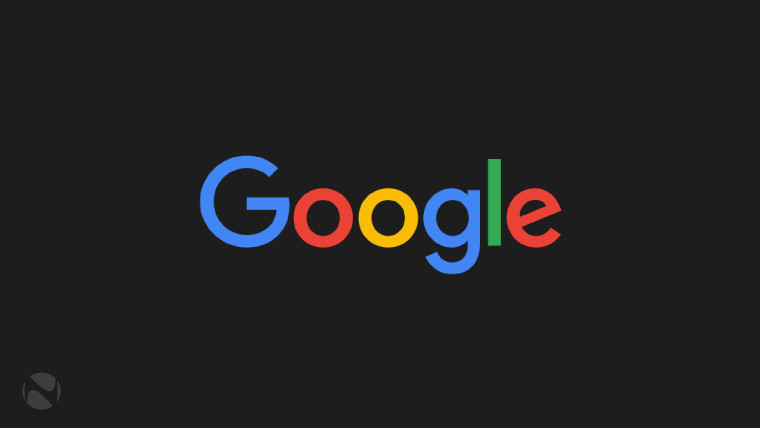
But our journey through this week's top tech news comes to an end with a tantalizing teaser for a rather unusual story: the man who owned Google.com for one minute.
Enjoy!
Giveaway result
Our warmest congratulations to Sebastian Grill from Germany, who won our recent giveaway of a Microsoft Lumia 640 XL LTE and 64GB SanDisk Ultra Class 10 microSDXC card!
Our thanks and commiseration to everyone else who entered – but stay tuned to Neowin, as we’ve got some more great giveaways lined up for you in the coming weeks!
The week ahead
It’s been a long time coming, but Microsoft’s big ‘Windows 10 Devices’ event on Tuesday will finally give us our first official look at its new-generation hardware, including the Lumia 950 and 950 XL phones, Surface Pro 4 (perhaps including a new larger 14-inch model), and a new version of its Band wearable device. We’ll be there at the event in New York to get our hands on the new devices – and we hear there may even be one or two surprises in store…
Before that, on Monday, Google will begin rolling out its Android 6.0 Marshmallow update to some of its Nexus devices, and the company is also expected to deliver its latest breakdown of devices running each version of its Android OS (just 21% on Android 5.x Lollipop at last count).
Along with the usual mix of official news, juicy rumors, and intriguing insights, it should be another good week!
As ever, there’s plenty more to read across the site – including loads of interesting discussions over on our forums. From all of us on the Neowin team, have a great weekend!
















1 Comment - Add comment